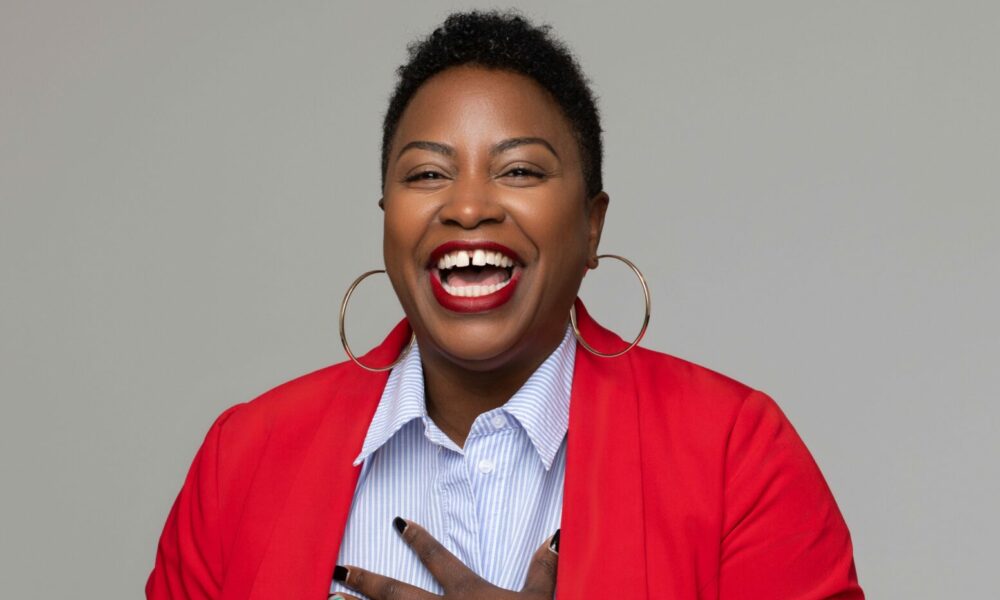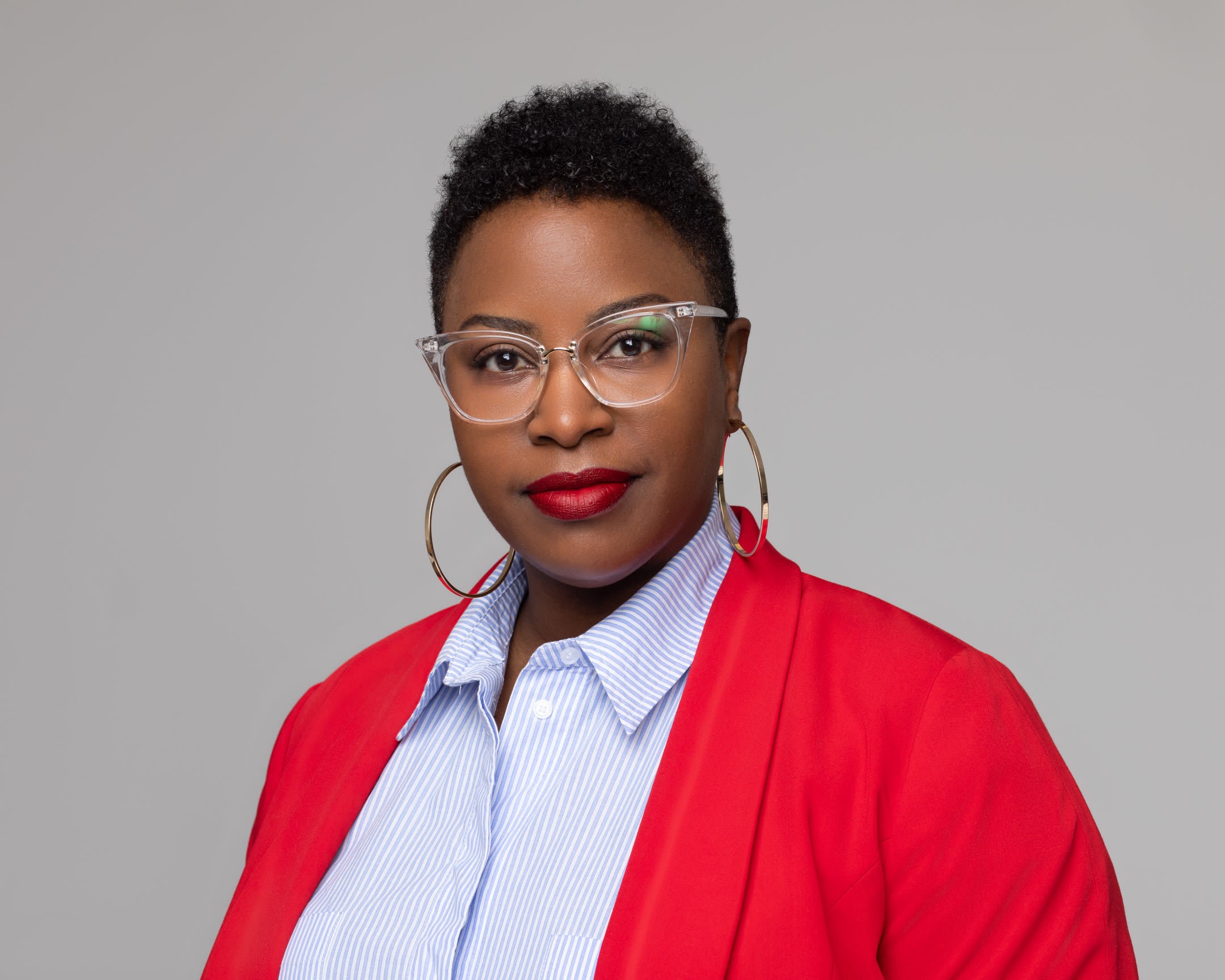

Today we’d like to introduce you to Jiquanda Johnson. Them and their team share their story with us below:
Jiquanda Johnson is an award-winning journalist and founder of Brown Impact Media Group; an independent publishing company focused on developing media products in underserved and marginalized communities. The company kicked off efforts in 2017 with FlintBeat.com covering the city of Flint, and in 2020 she launched Black Like Us in partnership with Facebook, which takes a close look at Black America by showing the diversity within the community through thought-provoking commentary and stories from a variety of Black perspectives.
Her efforts in Flint also include launching a youth journalism program teaching Flint-area youth various newsroom skills, including writing, graphic design, photography, and videography.
Johnson serves as publisher of Flint Beat and content creator and founder of Black Like Us. She is an Emmy Award-winning producer and has been recognized by the Michigan Press Association for her solutions journalism work. She has nearly 20 years of experience in journalism, including working for MLive Media Group, Fox 46 in North Carolina, NBC25’s affiliate station in the Flint area, The Detroit News, and two online magazines. In addition, her work has appeared in Frontline PBS, The Guardian, Belt Magazine, National Geographic, and Spotlight on Poverty. She sits on several boards and has served on panels for many events and organizations, including The Aspen Institute, LION Publishers, Solutions Journalism Network, the National Association of Black Journalists, Online News Association, ONA Local, the John S. Knight Fellowship at Stanford’s journalism series, the Chautauqua Institute, and the Society of Environmental Journalists.
Alright, so let’s dig a little deeper into the story – has it been an easy path overall, and if not, what were the challenges you’ve had to overcome?
I don’t believe that any journey in life is smooth if it’s worth it. We have to go through some type of adversity to appreciate our accomplishments fully.
There have been challenges along the way. I am a woman who is Black that founded a news agency covering a small city. That is something that is typically done by white men. I often find myself in spaces with white male peers where I have to prove myself constantly. I’ve even been told that I would fail. To be here five years later is definitely a feat.
I started Flint Beat in 2017 as a team of one. I was the journalist, the publisher, sales team, marketing person, and social media manager. Those are just a few hats that I wore. It wasn’t until 2020 that I had funding to build out a small team and it is a very small team compared to other newsrooms that do what we do.
Then launching Black Like Us, a platform that highlights the diversity within the Black community, in partnership with Facebook (Meta) has been a challenge. We are constantly bombarded with racist comments about our work and often told “no” when it comes to seeking support from it. Sometimes as soon as people see or hear the word “Black”, they run without taking the time to explore the content.
I have to sit back and look at my journey. How did I get here? It’s my purpose, my calling. I didn’t find journalism. Journalism found me. I sometimes laugh because growing up; I wanted to be a lawyer. I never thought God would take me down this path.
Thanks for sharing that. So, maybe next you can tell us a bit more about your work?
I’m a storyteller who builds platforms for underserved and marginalized communities to be heard. That’s how I define myself. I am very proud of being able to launch a news publication covering Flint, Mich., that focuses on the whole community. I know news, and my audience know it. I don’t have just Black readers; we have the City of Flint.
It’s often hard for me to say what sets me apart from others. I’m just a Flint girl who loves the community she grew up in. If I did it, others from Flint can too. As for Black Like Us, that was a retirement plan that came early. It came before retirement, and after building a team for Flint Beat, I was able to also invest in a project that I feel very passionately about.
In terms of your work and the industry, what are some of the changes you are expecting to see over the next five to ten years?
I see more independent news startups serving underserved and marginalized populations and more support for the sustainability of local and small newsrooms, especially for those led by people of color. These independent newsrooms will help restore trust in media.
Contact Info:
- Website: www.blacklikeus.bulletin.com
- Instagram: https://www.instagram.com/simplyjiquanda/
- Facebook: https://www.facebook.com/profile.php?id=100068296490780
- Twitter: https://twitter.com/JNicoleNews












